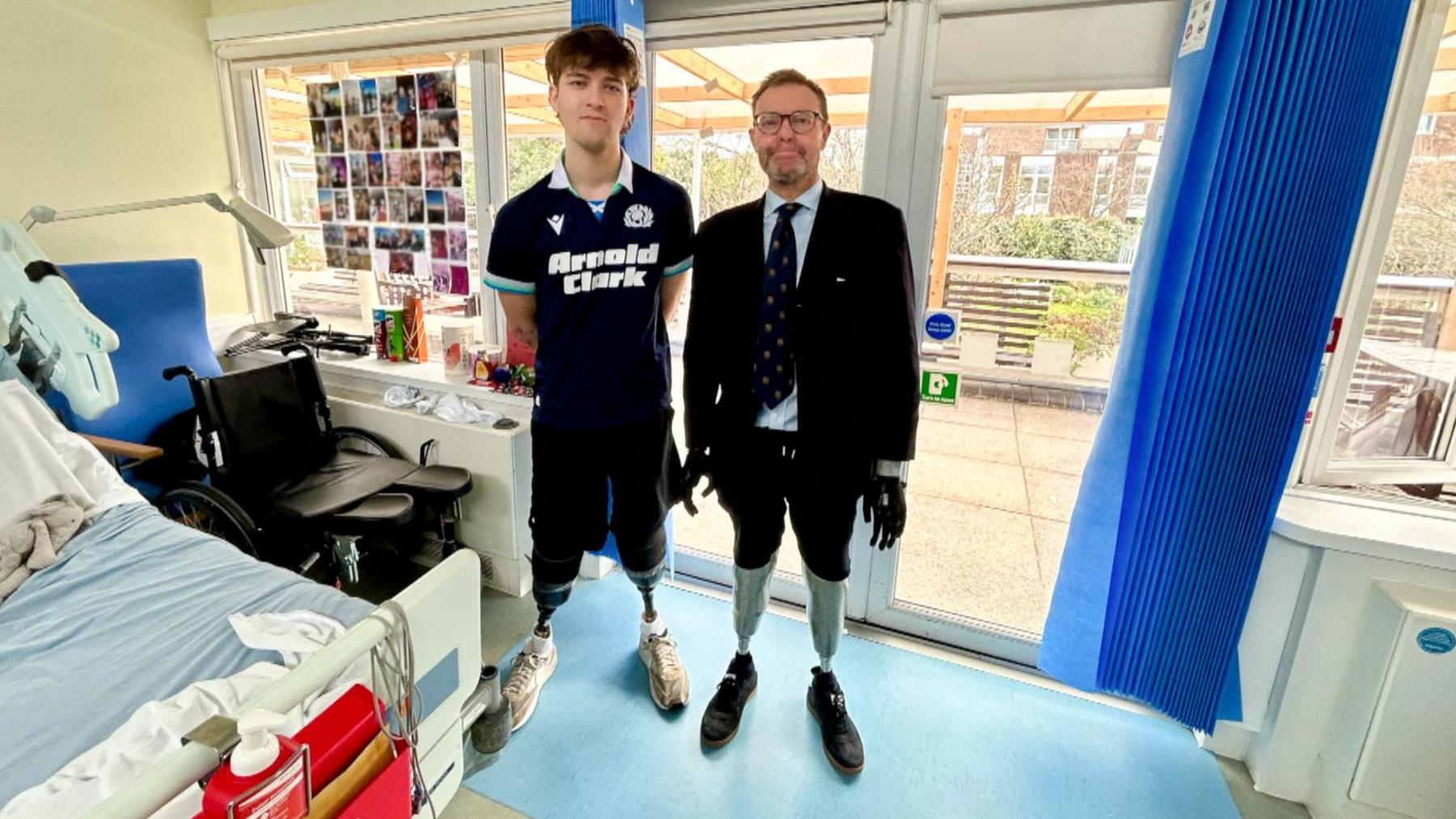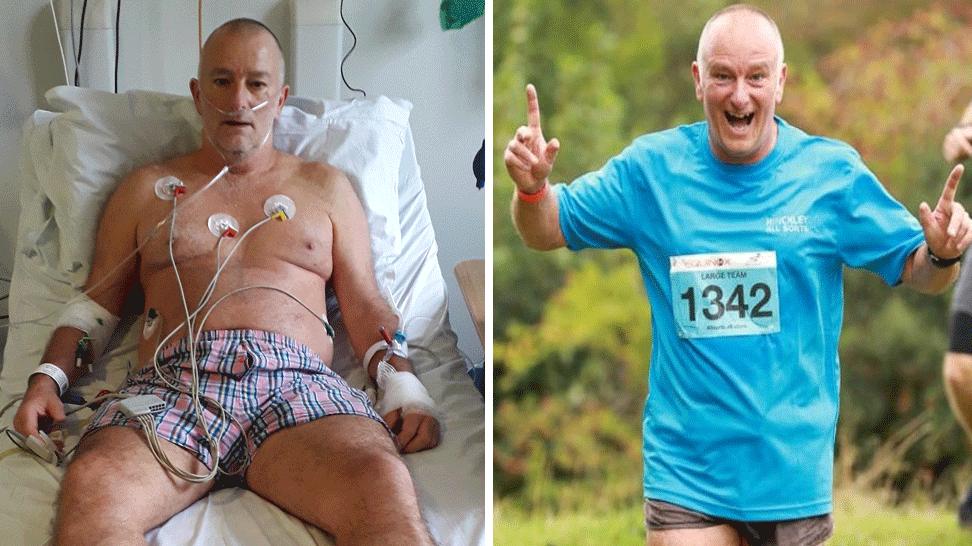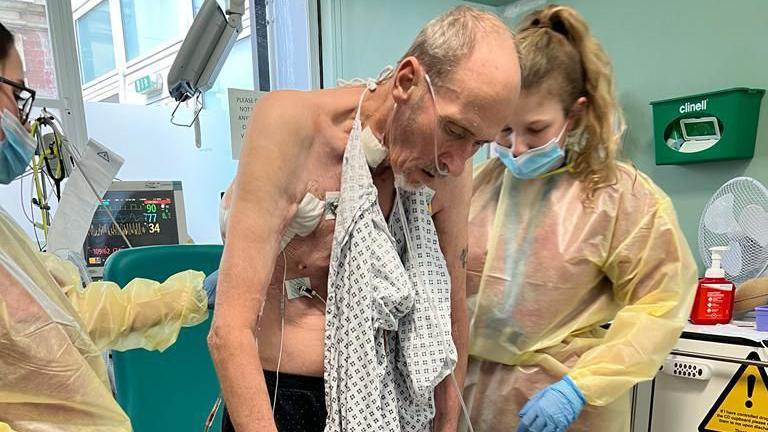Shorter use of drugs to treat sepsis being trialled

Dr Valli Ratnam said 12 patients at Yeovil District Hospital are involved in the trial
- Published
A clinical trial is exploring whether shorter courses of antibiotics could safely and effectively treat sepsis.
Patients at Yeovil District Hospital and Musgrove Park Hospital, Taunton, both in Somerset, are involved in the study.
The National Institute for Health and Care Research's (NIHR) programme, called Shorter, is comparing the effectiveness of antibiotics over varying durations for the treatment of sepsis.
Dr Valli Ratnam, intensive care consultant at Yeovil District Hospital said: "What we're trying to see is can we give a standard course of antibiotics for five days and then stop or do we need a longer course."
Sepsis is a life-threatening reaction to an infection and occurs when the immune system overreacts to an infection and begins to damage the body's own tissues and organs.
Dr Ratnam said: "When I started my training we would normally give antibiotics for between seven and 10 days but now we're realising we don't need them for that long."
She added that there is a growing concern around resistance to antibiotics.
"There is a global aim to reduce a course of antibiotics and exposure to these drugs because resistance is on the rise," Dr Ratnam said.
The UK Sepsis Trust said: "We are ever conscious of the delicate balance between better sepsis care and the risk of fuelling anti-microbial resistance.
"In many cases, studies have suggested shorter courses of antibiotics are equally effective as longer, so we welcome this new multicentre trial which will hopefully share some light on this issue."
The trial, which started more than a year ago, is expected to conclude in two years' time.
Get in touch
Tell us which stories we should cover in Somerset
Follow BBC Somerset on Facebook, external and X, external. Send your story ideas to us on email or via WhatsApp on 0800 313 4630.
- Published6 March

- Published27 September 2024

- Published5 June
